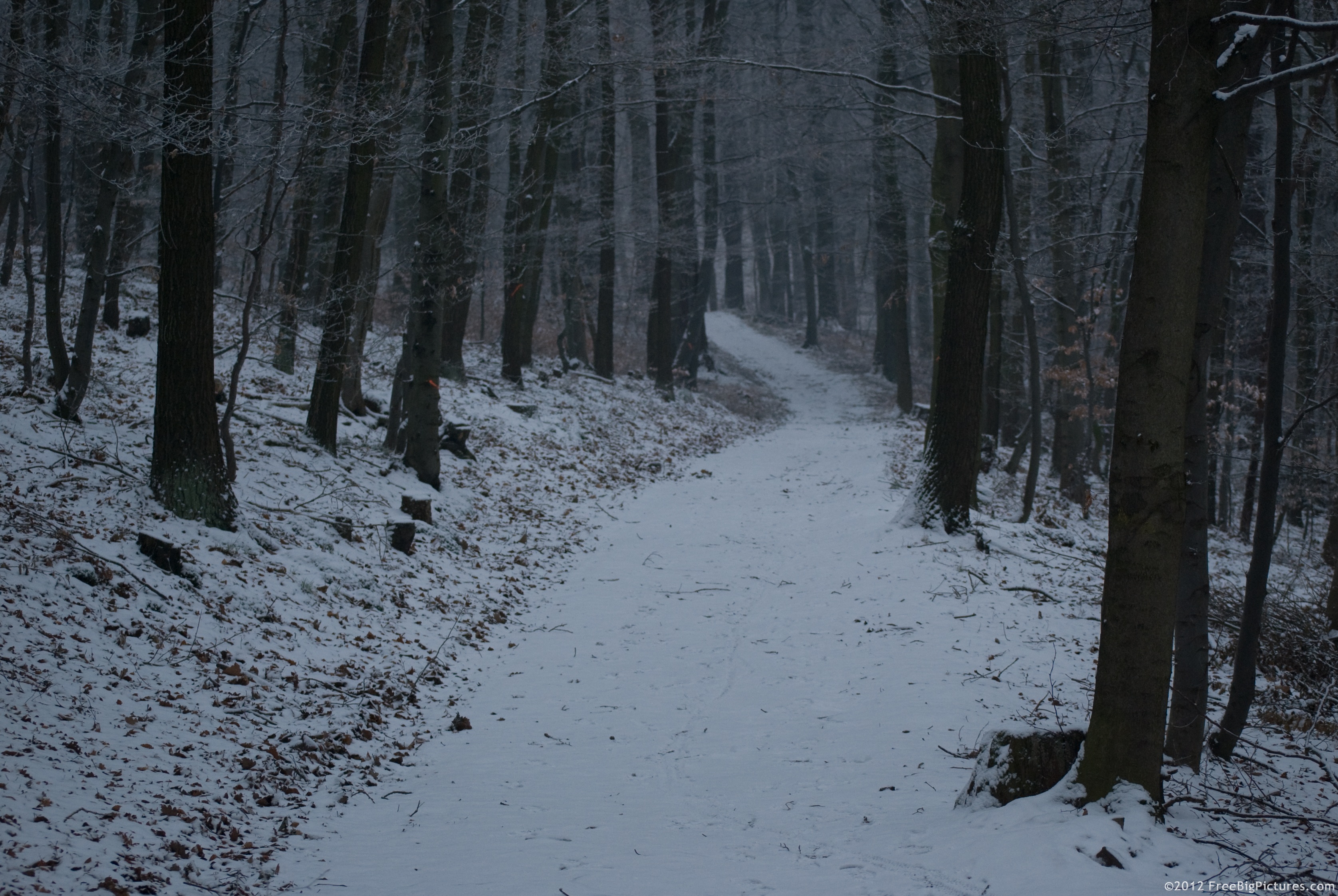"...And
the way one can find oneself strewn
so
inattentively across life, across time.
Those who touch
us, those whom we touch,
we hold them or
we let them go
as though it
were such a small matter.
How even know
in truth how much
of mind should
be memory, no less
what portion of
self should be others
rather than
self? Across life, across time,
as though it
were such a small matter."
--a portion of
"Lessons" by C.K. Williams
I first read
the words above while in a book shop in Palo Alto, California. It was 2009.
They call to me again and again. There's some phenomenon "got at" in
that poem. It's about the carelessness of physical regard, the lax way of
touching and neglecting intimacy we so easily embark on as humans. I don't
think it's conscious. Until it is. Even then we still do it. Why? I don't know.
But it's spiritually disastrous.
There's this
thing about poems: they time travel. The words from "Lessons" came
back to me this morning as I recalled my father dying in 1994. (I had two
fathers; he was the non-biological one) He'd slipped into a coma on a Friday
night. A few days later his two biological children arrived to say their
good-byes. It was like he resurrected from the dead upon their entering the
room. Sat up, straight, after weeks of falling, laying flat, moaning in
discomfort, being spoon-fed liquids and finger-fed ice chips--he looked like an
erect embalmed mummy. Their presence lifted his dying, decaying body and he mumbled "So happy," and he wept.
There they all
were: father, son and daughter, grasping each other, holding on tight, in
anticipation of the end they all knew was coming. It was a reunion of the
highest order. It's the physicality of that moment I can't forget. I stood
by the bedside, a step daughter, witnessing the homecoming in my midst. It was
homecoming of the physical. I knew in that moment that whatever relationship I
had with him was not the same as the relationship they had with him. It's like
my father was reconnecting to his own limbs in that moment. Like parts of his
rhizomatic body came back to their primary shoot. Profound. Holy. It reminded
me of a domesticated, hospice-version of the sacrament of communion. "This
is my body given for you." Yep.
I wasn't his by
flesh and blood. They were. Never had I realized the expansive gap between
blood and choice family like I did in that moment. Realities of blood and choice are different.
We don't have to place quantitative value judgments on that difference. But
failing to acknowledge that difference strikes me absurd. There is nothing like
flesh reconnecting to flesh after a period of absence or in anticipation of
annihilation to prove just how not separate we are when we have biological
links between us. Those links matter immensely.
Why do we
forget about how entangled, interconnected, inextricably bound our bodies are?
Is it too much to live with/in?
My biological
brother and I never laid eyes on each other, touched or met in the flesh until
he was in his fifties and I was 30. But when we hugged for the first time on
his doorstop in Stockton California--both as adults--there was no denying that
some corporeal thread linked us together. I felt it physically when hugging
him. There was "home" there. It was our (biological) father. It
didn't matter that we hadn't been raised together. It didn't matter that our
relationships to our father were on different planets. We were from the same
physical source and when we finally found each other, that common source, still
alive in our flesh, could be felt powerfully. I imagine my biological father,
my ancestor who holds me from the ground up, felt his own life powerfully
reconnected in that moment.
Yesterday I
talked to a friend who is discerning becoming pregnant. I kept wanting to tell
her about the incarnation of it. How your body becomes something else, entirely
new and different, during the process of creating life. And then when birthing
happens, all the illusions of planetary separations go away because the Wild
Animal of Life itself takes over, you being a mere vessel of its power. Then your body moves around the world multiple from there on out. Little beings,
apparently separate (but not), gaining their own life force, both from you and
apart from you, making their way into some specificity that is at once
recognizable and entirely mysterious.
My favorite
time of day is mornings on the couch with my children. The three of us, before
the rituals of day time begin, are linked by limbs. Their little bodies resting on
my bigger body. The stillness of breathing in sync. The rest in reunion after a
night time apart. They snuggle into my chest which protects my heart, but truly
my heart bursts with the sensational convergence, albeit brief and never
lasting. Just for that moment I feel like all parts of my Body are in the same
place. Then they bounce away, to get dressed, to go to school and I am left
wondering "those who touch us, those whom we touch, we hold them or we let
them go as though it were such a small matter." And I am left "strewn
so inattentively across life, across time," held together here and there
by poetry, memory and brief moments of togetherness (again) in the flesh.







